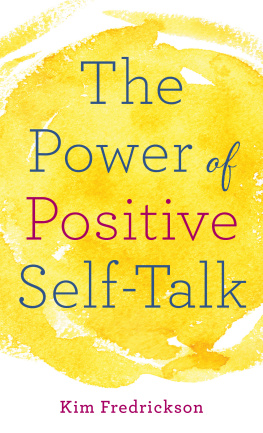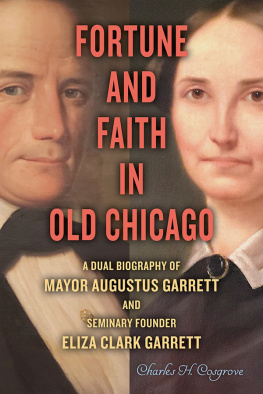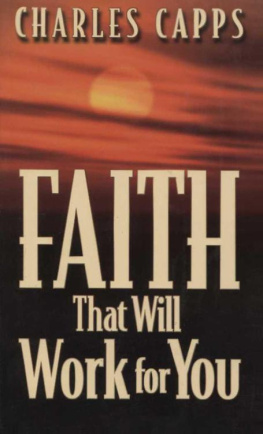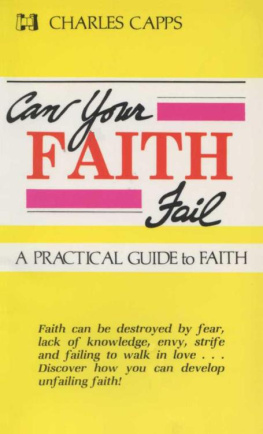FAITH-BASED ORGANIZING
A Congregational Planning Resource for Addressing Poverty
Copyright 2021 Fortress Press, an imprint of 1517 Media. All rights reserved. Except for brief quotations in critical articles or reviews, no part of this book may be reproduced in any manner without prior written permission from the publisher. Email or write to Permissions, Fortress Press, PO Box 1209, Minneapolis, MN 55440-1209.
Pages with the following line are reproducible: Copyright 2021 Fortress Press. Permission is granted for the end user to reproduce this page for local non-profit use only.
Unless otherwise noted, Scripture quotations are from New Revised Standard Version Bible, copyright 1989 National Council of the Churches of Christ in the United States of America. Used by permission. All rights reserved worldwide.
Scripture quotations marked (ESV) are from The ESV Bible (The Holy Bible, English Standard Version), copyright 2001 by Crossway, a publishing ministry of Good News Publishers. Used by permission. All rights reserved.
Scripture quotations marked (NKJV) are taken from the New King James Version. Copyright 1982 by Thomas Nelson. Used by permission. All rights reserved.
Scripture quotations marked (KJV) are taken from the KING JAMES VERSION (KJV): KING JAMES VERSION, public domain.
Print ISBN: 978-1-5064-7015-3
eBook ISBN: 978-1-5064-7275-1
Cover Design: Alisha Lofgren
Cover Image: blacklight_trace / istockphoto.com
Interior Design and typesetting: Scribe Inc.
While the author and 1517 Media have confirmed that all references to website addresses (URLs) were accurate at the time of writing, URLs may have expired or changed since the manuscript was prepared.
Poverty is a long-standing wound upon human society. It is time to heal this wound. Through effective partnerships forged in local contexts, faith communities can and should address and overcome many of the root causes of poverty.
The first-century church in Jerusalem believed poverty could be effectively addressed among the people who were part of the faith community: They would sell their possessions and goods and distribute the proceeds to all, as any had need (Acts 2:45). The first-century church had a strategy to care for one another. Although they lived in a different time and context, they recognized the needs of their people required a communal response. Their example can inspire similar ministry in every generation. The church today can adopt a more comprehensive vision by building community partnerships to overcome the root causes of poverty.
Ever since its early beginnings, the church has been charitable by consistently heeding the biblical call to feed the hungry, provide shelter for refugees, visit the sick and imprisoned, and clothe the naked. Even before the time of the church, prophets, speaking on behalf of God, called the community of Israel and those in power to work for justice in response to poverty. Even so, after thousands of years, people in our time still live in poverty.
Charity is necessary. Communities need a safety net to feed, clothe, and house people with inadequate resources. Thank God for the love of people, including those in the church who have for centuries provided such a safety net! Emergency services, however, are not a way out of poverty. Charity does not resolve the root causes of poverty, nor doesit empower people caught in the vicious cycle of poverty. What systems sustain or even perpetuate poverty? Why does poverty persist even where congregations are part of a community?
Congregation-Initiated Community-Based Advocacy (CICBA) is a faith-based effort seeking to identify what sustains poverty and organize people to work together to overcome its root causes. This resource is the fruit of a pilot project in the Southwestern Texas (SWT) Synod of the Evangelical Lutheran Church in America (ELCA).
CICBA has a vision for actively addressing and reducing poverty in Texas, one community at a time. There are congregations in communities across the state. We wondered, What if these congregations were to become familiar with the root causes of poverty in their communities? What if they were to build relationships with people in poverty and form community partnerships to identify local causes of poverty? What if such collaborative groups were to advocate for change with the goal of reducing poverty?
People of faith can address and overcome poverty, because they have what is needed to do so. In what follows, we identify available resources in the church. We also offer tools for building relationships with leaders in a local community where there are people in poverty. We invite congregations to initiate local partnerships that include a congregation, people in poverty, and community leaders to advocate for change that can overcome poverty.
In this resource, we share the fruits of what we have discoveredthrough both our successes and our errorsabout community life inside and outside the church. We describe our work with honesty because we want to convey, as openly as possible, what we have learned. We want congregations to be motivated and effective in addressing and reducing poverty in their communities. We are very hopeful because of what we have seen emerge in congregations in southwestern Texas through intentional and collaborative relationships.
The end results of the CICBA process described in this resource are collaborative relationships established between people in a congregation, people in poverty, and other people or institutions invested in the welfare of a local community who successfully work together to change systems contributing to poverty.
The basic foundations for the CICBA process include
- recentering ones faith,
- building broad relationships,
- adopting a strategy to move from charity to advocacy,
- developing awareness of systems that perpetuate poverty, and
- equipping people with tools for advocacy.
Within this process, new leadership will emerge, relationships will be enriched, and congregations will experience renewed love for people in their community as they undergo a transformation.
Although the CICBA pilot began in Texas, we are keenly aware that poverty exists throughout our country. We believe what we are sharing can be helpful to any faith community willing to address the root causes of poverty. Thus we have prepared it specifically for pastors and lay leaders who want to invite their congregations to engage in faith-based community organizing. This resource will help them grow in their understanding and motivate them into action. It will also be useful for denominational and judicatory leaders who feel called to lead the church in mission.
So why should it matter? A parallel conversation says people in poverty are responsible for taking care of themselves. If that is your sentiment, we are asking you to take the time to read through this resource with an open mind. We hope what we are sharing will stir up a keen sensitivity to why overcoming poverty matters so that you will discover a different outlook toward systems that perpetuate poverty.








